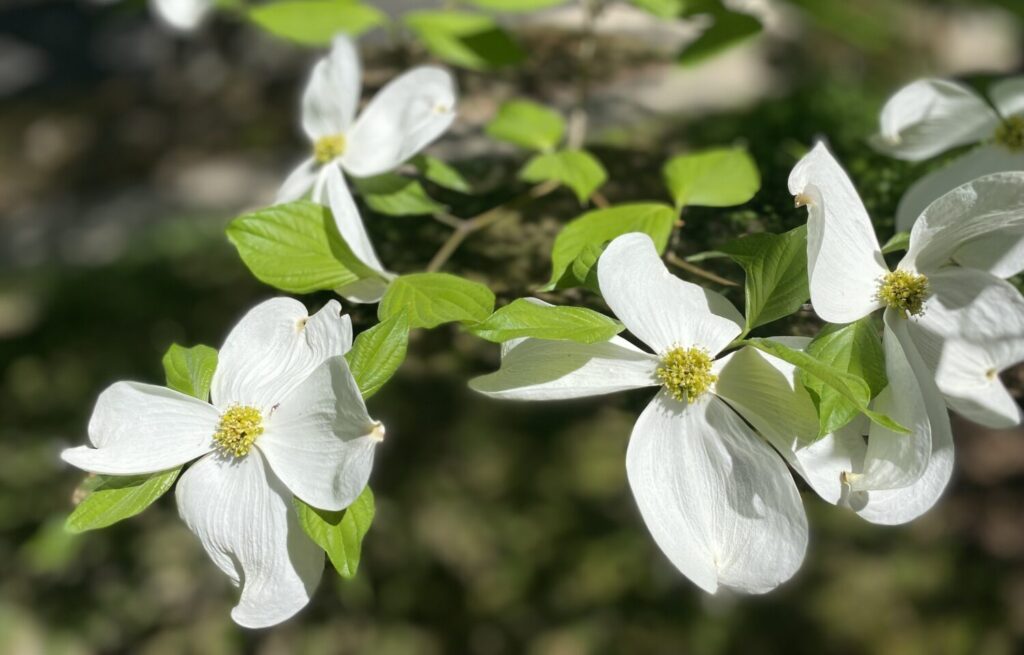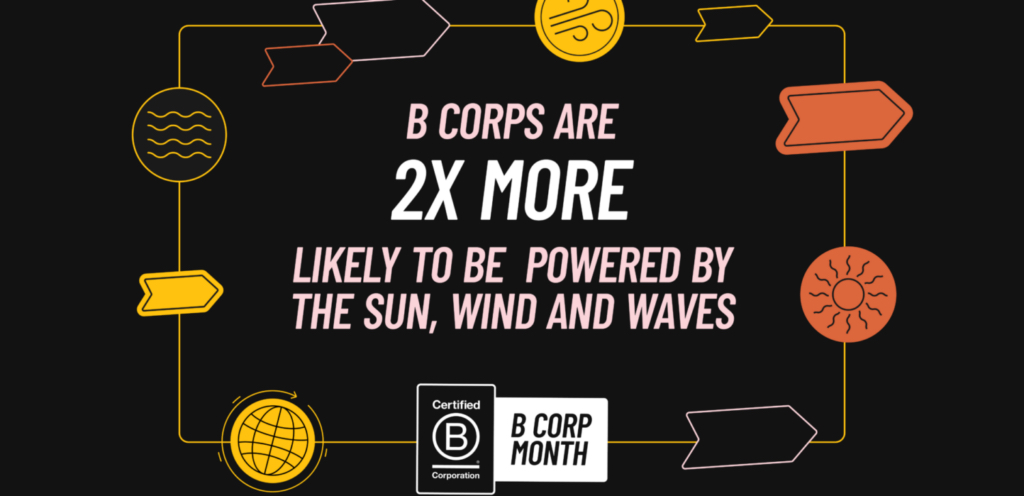Written By: Emily Turk, Catalyst Partners
Several years ago, I awoke to howling winds and freezing rain pelting the sides of our family tent. I was cocooned in my sleeping bag under the warmth of a winter ski hat and countless layers of clothing, even though it was August. Yes, summer in Iceland is quite a bit different, and that was exactly the point. Our family had embarked upon a four-day, three-night journey along the Laugavegur Trail in southern Iceland to experience the majestic landscape and raw beauty of gorges, glaciers, and multicolored mountains. It’s the same reason that over the years we have hiked from the rim of the Grand Canyon down to the mighty Colorado River; gotten lost amongst the canals of Venice; and pedaled alongside the tulip fields of Holland: we hope our children will cultivate a love of and reverence for the only planet we humans can call home: Earth. After all, it is they who will inherit the successes and challenges we leave behind, and what better way to provide the “why” than to immerse oneself?
Admittedly, it’s easy to write this now that the kids are all teenagers and can scale a mountain faster than either of their middle-aged parents, but I’d like to think that we planted some early seeds to foster their love of the outdoors. As Earth Day 2023 approaches, my mind wanders to again revisit the myriad of ways that we can each contribute to ensure that this planet, our home, continues to be a gift for subsequent generations. Wouldn’t it be spectacular if each generation left the planet in better condition than what they inherited? Below are just a few ideas to help us get there.
For the youngest in the family:
- Plant seedlings and watch the garden grow. Beans work wonders because they sprout quickly!
- Collect trash in the neighborhood.
- Discuss animal habitats, air and water pollution, and the critical preservation of resources.
- Eliminate waste and save ocean life by avoiding the use of straws and balloons.
Engaging during elementary years:
- At home activism: turn the water off while brushing teeth and turn off lights when exiting a room.
- Sort recycling together to understand types and discuss where it goes and why.
- Read The Lorax by Dr. Seuss. Encourage questions and engage in conversation.
Keeping the dialogue and curiosity alive with teenagers:
- Participate in outdoor activities together, such as hiking, biking, camping, kayaking, or gardening.
- Learn about bees and their critical role in biodiversity via pollination of flowering trees and plants.
- Become an advocate for a cause about which you are passionate. Ideas may include plastics in the ocean, climate change, or energy policy. Become agents of change, entrepreneurs, and innovators.
For those interested in taking a few steps further:
- Start composting! You may include kitchen scraps: fruit and vegetable peels, coffee grounds, tea leaves, and eggshells, to name a few. The compost created will then feed the garden and enhance your soil quality, eliminating the need for chemical fertilizers.
- Save on utility bills by investing in energy-efficient home improvements, such as insulation, windows, heat pumps, and water heaters.
- Take advantage of tax credits and rebates by installing photovoltaics and/or purchasing an electric vehicle.
The bottom line is that we are never too old to learn something new! We must each do our part, no matter how insignificant it may feel, because every little piece of the puzzle contributes to the whole. We invite you to make your own meaningful changes for the planet and thank you for turning your interests into action.
Happy Earth Day!





